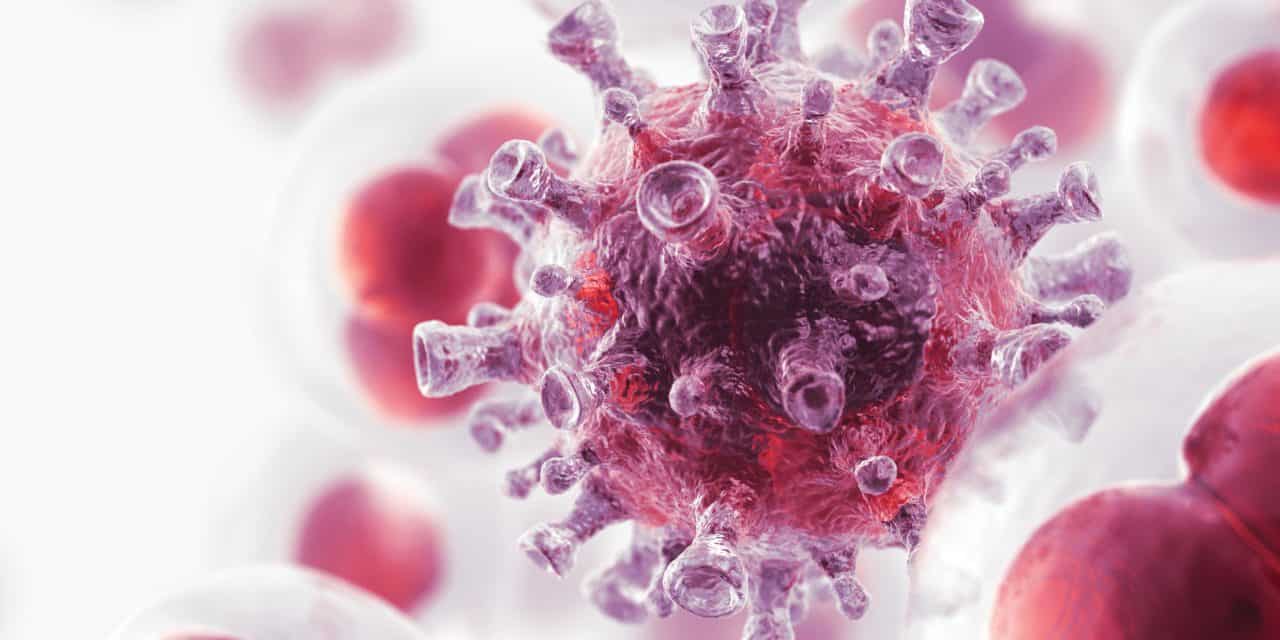We conducted a phase 1 dose escalation study (ACTRN12618000140257 registered on 30/01/2018) to evaluate the safety, tolerability and immunogenicity of a therapeutic human papillomavirus (HPV) DNA vaccine (AMV002) in subjects previously treated for HPV-associated oropharyngeal squamous cell carcinoma (OPSCC).
Eligible subjects had to have no evidence of recurrent and/or metastatic disease at least 12 weeks following the completion of treatment. Three dosing cohorts each consisted of four subjects: group 1: 0.25 mg/dose, group 2: 1 mg/dose, group 3: 4 mg/dose. AMV002 was delivered intradermally on days 0, 28 and 56. Incidence and severity of treatment-emergent adverse events (TEAE) including local reaction at the injection site, and vaccination compliance were recorded. T cell and antibody responses to HPV16 E6 and E7 were measured by interferon gamma (IFN-γ) enzyme-linked immunosorbent spot (ELISpot) assay and enzyme-linked immunosorbent assay (ELISA).
All subjects completed the vaccination programme and experienced mild discomfort at the injection site(s). Pre-immunisation, cell-mediated responses to HPV16 E6 and E7 were evident in all subjects, and E7-specific antibodies were detected in 11 (91.7%), reflecting previous exposure to HPV. Post-vaccination, 10 of 12 (83.3%) subjects responded to one or more of the E6 and/or E7 peptide pools, while 2 (16.7%) did not show additional vaccine-induced cell-mediated responses. Vaccination resulted in a ≥ 4-fold increase in anti-HPV16 E7 antibody titre in one subject in group 3.
AMV002 was well tolerated at all dose levels and resulted in enhanced specific immunity to virus-derived tumour-associated antigens in subjects previously treated for HPV-associated OPSCC.
A phase 1, single centre, open label, escalating dose study to assess the safety, tolerability and immunogenicity of a therapeutic human papillomavirus (HPV) DNA vaccine (AMV002) for HPV-associated head and neck cancer (HNC).


